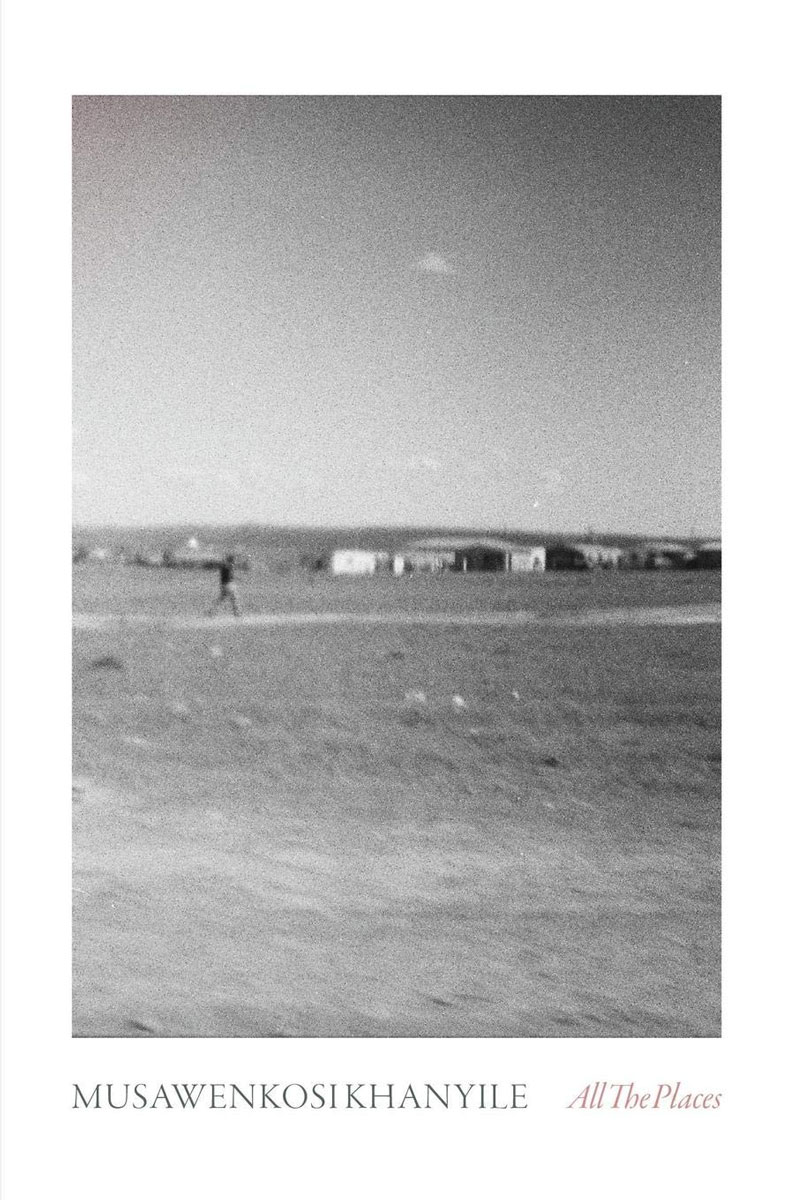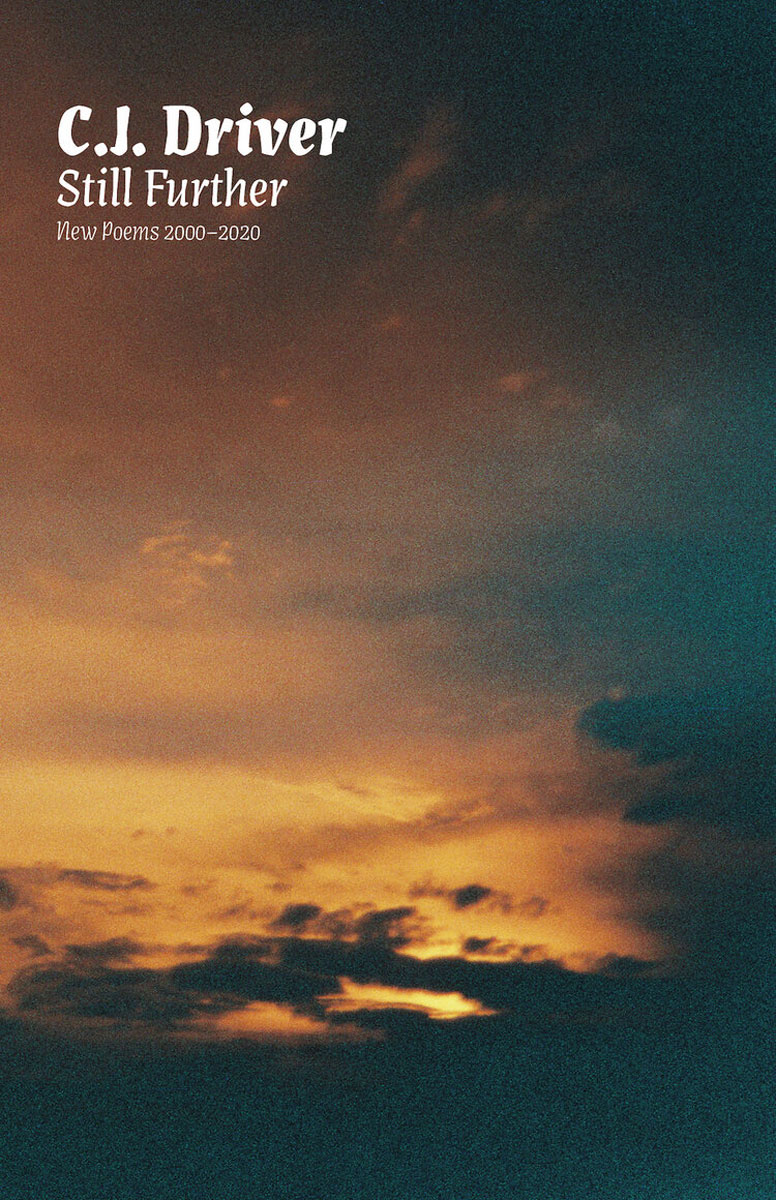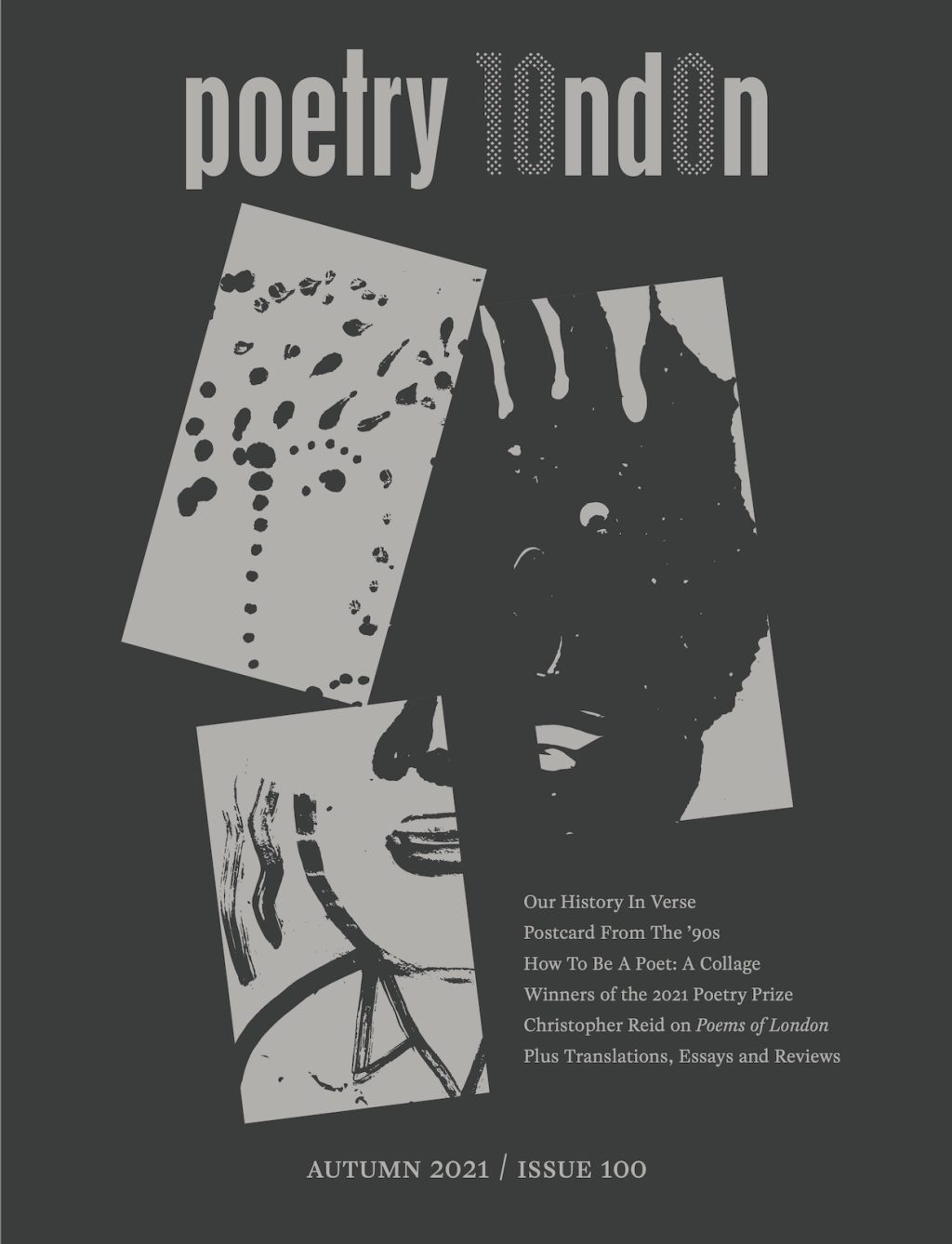Gaps in the Wall: Tarn MacArthur on forms of belonging and unbelonging in two South African poets
Tarn MacArthur
The best poetry of place is a poetry of negative capability; of intimacy leveraged not to cement a totalising perspective but to recast a vision of the world from a slant that reveals certain complexities and truths that have gone unseen or overlooked. Its history is in many ways one of the Western lyric itself, traced back through foundational genres such as the pastoral, georgic, eclogue and idyll, to the goatherds of Theocritus whose songs elevated rustic Greek life to the metropolitan readers of Alexandria. This poetic mode has been employed over millennia to recentre narratives of the dispossessed, and it is the approach by which the South African poet Musawenkosi Khanyile casts a dappled light on his country’s rural, township, and urban livelihoods to unveil how a society’s fragmented state is mirrored in the psyches of those who suffer its social and economic stratification.
All the Places, Khanyile’s debut collection and the recipient of the South African Literary Award for Poetry in English, retraces a male speaker’s journey into early adulthood by returning to the impoverished, perilous, yet tender environments of his past, where the ‘Known Holes’ of life lead far more often to oblivion than a prosperous future. Framed as a triptych, the book plots different life phases across its three parts. The first two sections predominantly roam the northern region of KwaZulu-Natal province, migrating between bucolic hills where ‘we learned to herd cattle through the fog’ (‘Some Memories’) and a township ward where ‘homes stand one beside the other like hospital beds’ (‘Nseleni’), before landing ‘on this side of the rainbow’ (‘The World Opens Up’), in the city of Cape Town.
The collection opens with ‘A School Visit’, which sees the speaker returning to his rural primary school as a role model ‘who has figured out this life thing’, albeit one whose visit foreshadows the precipice of what might have been an entirely different outcome. Such alternate personal histories are not so much expressly stated as they are implied by Khanyile’s style of ambient minimalism and his recurring use of negative space, which create nexuses of narrative possibility and metaphorical meaning. Here, a ‘class without a door’ is simultaneously a symbol of embedded poverty and a potential escape route for the little girl who flashes a ‘beautiful smile with a missing tooth’ when asked what she wants to be when she grows up, replying ‘Doctor, spitting out saliva’. Later, in ‘Hide-and-Seek’, the ‘gaps in the wall’ of a dilapidated home first ‘let in the light’ of an outside world impinging on the sleep of a boy, but are soon redeployed as ‘binoculars’ through which he peeps to gain an advantage in the titular game. Although there are natural and human dangers present within this agrarian landscape, there is also a sense of nostalgia infusing it with idyllic qualities, turning local streams into ‘running taps / where a cow and a boy might come to drink at the same time’ (‘Habeni’), while romance emerges from simple gestures like helping girls collecting water to ‘balance the buckets on their heads’ (‘Some Memories’). But if rural life is a denouement in which ‘roads take the shape of our dreams: / winding and not promising any destination’ (‘Back from the Township’), then a move to the township heightens the stakes exponentially.
In the township we find that with the loss of nature’s consolations the psychological and physical violences of poverty become inescapable, and those negative spaces that held a hint of hopeful possibility turn to sources of exposure that prohibit any sense of safety and at times even dignity. In this world full of threats, where a neighbour is ‘stabbed in the neck with a knife’ (‘What the Township Did to Us’) and people ‘wear off in the streets like car tyres’ (‘Find the Truth’), one might expect home to be the final refuge, but Khanyile’s spare domestic portraits demonstrate how such deprivations ultimately infiltrate all aspects of life. Avoiding the bathetic pitfalls of overly descriptive violence, these snapshots of township living bring to light a taxonomy of place that directly illustrates the nature of this precarious state, sustaining an underlying narrative tension throughout:
The cardboard stands in windows where glass used to be.
The torn towel swings on the washing line.
The mother fetches the bucket from outside near the decaying toilet.
The youngest sister pees inside the bucket at night.
The older sister empties it in the morning.
(‘Routines’)
It is, however, only when the speaker moves to work as a psychologist at the University of Cape Town that the book’s narrative arc is fulfilled, demonstrating that, while poverty can sometimes be escaped, institutionalised social inequity inevitably persists. And as is often the case this form of injustice is one that renders its victim invisible – with the speaker staring down a man catcalling his partner ‘to assure him that I exist’ (‘To the Bust Stop’), or being mistaken for a patient at his own place of work – until at times ‘he’s ashamed of everything’ (‘Emptiness’), an emotional vulnerability reinforced by the repeated use of third-person narration. The collection culminates with the poem, ‘When You Finally Make it to the Boardroom’, a ceremonial instructional reminding those who ‘made it out alive’ that their stories must be heard: ‘Speak of growing up in the township as if it was an achievement’; ‘Tell them how the township swallowed your peers’; ‘Talk about a mother who prayed for you on your way to school.’ These closing declarations function as a starting point for narrative reclamation, a fundamental action that must be recognised before one might heed the book’s parting line and ‘[m]ove onto another topic’.
Born in Cape Town in 1939, C J Driver left South Africa following his imprisonment on suspicion of involvement with the African Resistance Movement. He would go on to become a stateless person while studying at Oxford University, when the apartheid government refused to renew his passport, though eventually he obtained British citizenship. Given that he was unable to return to South Africa for over twenty years, it is unsurprising that much of Driver’s earlier poetic works (he has also published five novels) have been noted for their poignant evocations of exile, and though this subject remains at the forefront of his newest collection, Still Further, the opening poem begins with an epigraph that hints at its reframing within a more universal context of loss: ‘I don’t think you belong to any country in particular when you are old’ (Nigel Balchin, Darkness Falls from the Air).
The poem in question is titled ‘In England Now’, and it introduces the guiding aesthetic and thematic elements for the collection as a whole. The book encompasses a dexterous array of forms (sonnets, syllabics, blank verse, hymns, songs) and a broad philosophical engagement that explores a variety of subjects (history, politics, literature, nature) while retaining at its core the question of how one might begin to explicate the self. This project becomes especially fraught when the once-concrete concepts that defined the self prove to be impermanent:
You say I’m almost English now – should keep
Myself concealed? A fractured part of me,
My heart perhaps, will always be
In Africa: when I’m asleep
Or when the early breezes shift the haze
Of mornings into Sussex summer skies,
The promises of heat revive
Those distant dusty days.
There is a sense that the solution might simply be to accept such ephemerality as an inevitable consequence of time, an understanding that no doubt grows with age and moulds each individual into someone different, without necessarily tempering their sensibilities or altering their beliefs. When England again appears in ‘A Winter’s Day at Westonbirt’, its characterisation mirrors that of the speaker, with both nation and individual being depicted as adrift between what ‘was lost / and where we’re going next, which no one knows’. At times this state of unknowingness enables a blissful existence, most notably when Driver’s speakers are distracted by the displacement of travel or the beauty of the natural world, leaving them dancing around the aporia of the past in search of different ‘quiet ways to end’ (‘At the End of the Day’). However, the idea that one might simply ‘skip the pain’ of what has come to pass proves an impossible notion, one that is in fact ‘Colonial to the last’ (‘In England Now’).
And so instead we find Driver investing his energies into ‘the bits that matter most’ (‘Misanthropic Sonnets from the Caribbean’). His political activism, for instance, retains a strong presence throughout the collection and is both explicitly and subtly woven into a wide variety of poems, such as ‘At the Grave of Cecil John Rhodes’ (‘Politicians are (he says) locusts. / Who hoped to learn from history?’); ‘The Security Policeman’s Song’ (‘I did the things that I was told / to earn what I was paid’); and ‘Au Contraire’ (‘the nightmare years when we thought the only exit would be bloodshed, / though knew that the weak and innocent go down in front of the tanks before they reach their targets’). Similarly, as with many whose personal histories have been scarred by civil strife and sacrifice, a part of what sustains the self within these poems is the solidarity found amongst friends and family, along with a sustained devotion to those who have passed away. As a result, the collection contains numerous dedications and poems in memoriam, a reminder that – as Driver writes in ‘A Sort of Prayer’, dedicated to JM Coetzee – ‘To love and know for sure that one is loved’ is far more than a form of personal consolation.
What is clear throughout this work is the emotional labour behind it, and as someone who often struggles reading single collections stretching over the 100 page mark, I feel inclined to accept the slight excesses of Still Further, which gathers poems from the past sixteen years. If on a few occasions it retreads territory, it does so with a dedication to truth and beauty, showing a mind plumbing the depths of subject matter that is not just important but deeply necessary.
Tarn MacArthur is a George Buchanan PhD scholar at the University of St Andrews. His poetry and prose have recently appeared in The Poetry Review, The New Statesman, and The Los Angeles Review of Books.




